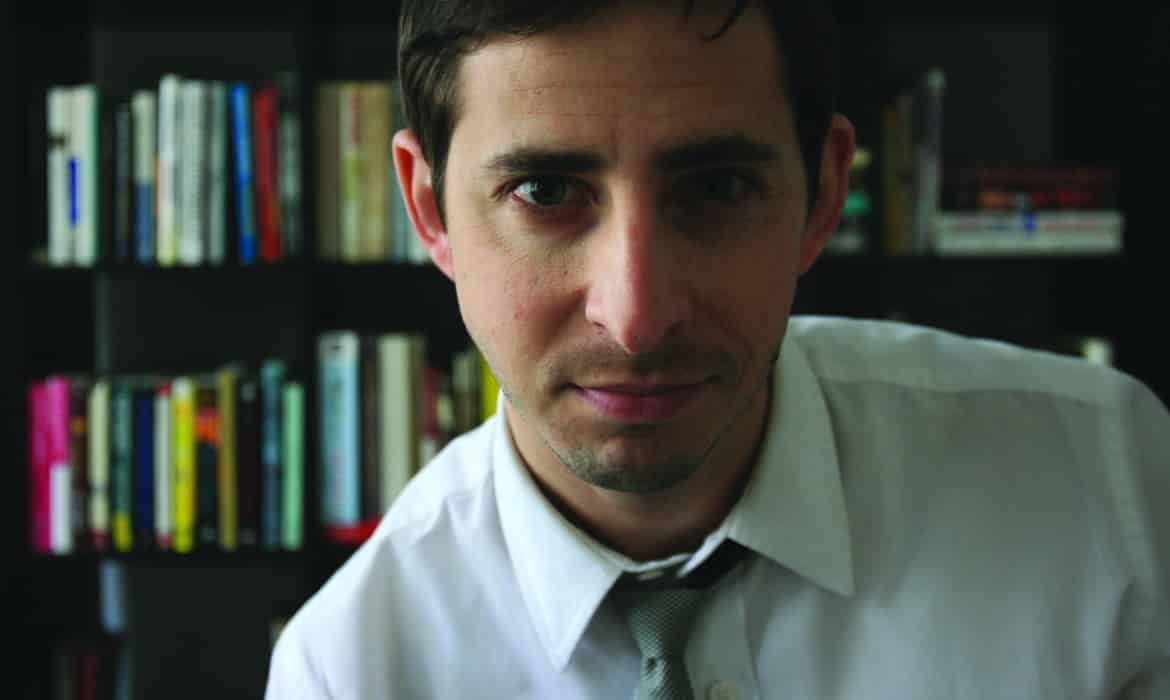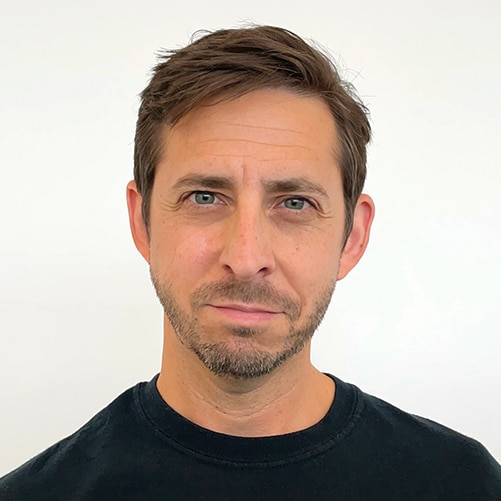
It’s a fight against time — our age versus our health. Getting old ain’t for the weak. It is for the persistent, those of us who can adapt to our bodies’ natural depreciation. And like the cars we drive off the lot, the machine will run much better for far longer if we keep up with routine maintenance and avoid putting sugar in the gas tank.
But man, do I love me some sugar.
When I was 34, I was diagnosed with skin cancer. When I was 40, I nearly shattered my femur training for the Chicago Marathon. Now I’m 42, and, like my father before me and his father before him, my bad cholesterol — that LDL thing your doctor keeps warning you about — is scaling the safety fence a little too high.
So, I adjust my regimen.
I wear sunscreen, monitor my time in the sun, and go to the dermatologist every year for a full-body checkup. I’m running again, but I eased back into it. I do some minor weightlifting, not only to have strong muscles to absorb the impact I put on my body but also to better open jars and fill out T-shirts.
And while I’ve always been pretty good at maintaining a balanced diet, with this news of the high LDL, I must make a difficult but necessary effort to cut back on sugar and red meat. I’m not cutting it all out. I’m not insane. But I’m trading a bag of peanut butter M&Ms for sweet & spicy pecans. And I’ve found that a turkey burger is often just as yummy as one from a cow.
“It’s never too late to start taking care of yourself.”
Out of fear of being too fragile to play with my kid, and in an effort to live long enough to laugh at the funerals of my enemies, I’m committed to taking better care of myself, even taking up habits I had never been interested in, like weightlifting.
My concern is that I will go too hard, too fast and hurt myself, much like I did when training for the marathon. So, like any good journalist, I did my research and asked my primary care physician, Robert Havey, MD, an internal medicine physician at Northwestern Medicine, if I missed the bus on being a superhuman. His answer was what I wanted to hear.
“It’s never too late to start taking care of yourself,” Havey says.
He tells me, “Exercise is a great way to maintain physical and mental health. However, very high- intensity training needs to be done carefully as people age since cardio- vascular risk can increase with very intense exercise.” Blood pressure increases with high-intensity exercise, and that may present a risk to people who are older or have vascular disease, he adds.
Thankfully, I don’t have any underlying vascular disease — and I’d like to keep it that way. Havey offers the advice one would expect to hear but is always worth repeating because too few of us follow it.
“The most important things to do to maintain and improve health,” Havey says, “are to keep a normal body weight; sleep at least seven hours per night; avoid all tobacco use; avoid excess alcohol intake; maintain a normal blood pressure; check your cholesterol, and keep your LDL under 100, even lower if you have cardiac or vascular disease; avoid diets that contain excess fat or sugar; and do at least 45 minutes of exercise at least five days per week.” He says this is an excellent way to pursue healthy aging if not gain the direct path to superhuman status.
Now might just be the best time to age into good health, says Havey, who is deputy director of the Robert J. Havey, MD Institute for Global Health at Northwestern University Feinberg School of Medicine, which was recently named after Havey.
The institute has launched a global initiative to study ways to ensure healthy aging. “The expectation from all people as they age is to continue a high level of physical and cognitive function regardless of your age,” he says.
It comes down to knowing your body — and your body’s history — and working with your healthcare team to uncover any secrets your body is hiding. It’s also about being active, physically and mentally. Run, walk, lift, squat, read, don’t fear the New York Times crossword puzzle.
Or, to put it simply and in the blunt manner that I appreciate from my good Dr. Havey: “There should be no acceptance of inevitable deterioration just because someone gets older.”
Take that, Father Time, you old coot
Originally published in the Spring/Summer 2022 print issue.

David Himmel is a Peter Lisagor Award winner and the former editor-in-chief of Chicago Health. He lives in Old Irving Park.










